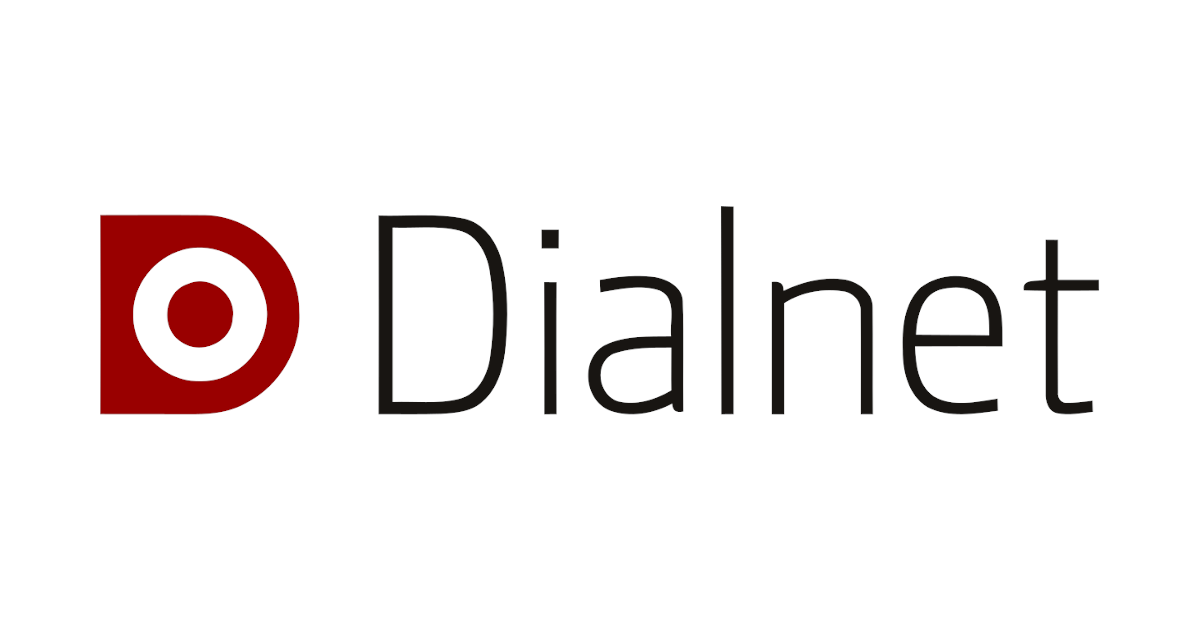Impact of collaborative governance on the creation of social innovation laboratories
DOI:
https://doi.org/10.70219/mby-222024-369Keywords:
Governance, Collaboration, Social Innovation Laboratories, Comptroller's OfficeAbstract
The objective of the research focused on analyzing the impact of collaborative governance in the creation of social innovation laboratories for the Barinas State Comptroller's Office. Research carried out based on the quantitative research paradigm with a population of 46 (employees) of a finite nature. The survey technique was applied to the population through a closed questionnaire with a Likert scale containing eight items and the instrument of a Crombach's Alpha questionnaire whose percentage yielded a study sample of 28 active employees of the Barinas State Comptroller's Office. The technique of an interview and the instrument of a semi-structured guide of 4 questions open directly to 2 directors and two heads of the Control Directorates and Directorate of Citizen Service of Control and Management of the Comptroller's Office were carried out. . The investigative process was developed in three phases, one of planning, research and presentation; Among the most notable conclusions is that there is evidence of the need to increase citizen participation in the communities and therefore in the management of public companies, the commitments made and the planned goals. As conclusions from the findings, the Comptroller's programs include self-management, therefore, it is essential to analyze the impact of collaborative governance to enhance innovation in which the compilation was used to propose and strengthen governance, the comptroller's and social innovation in the state of Barinas through the implementation of actions that address weaknesses and take advantage of opportunities, taking into account the present threats.
Downloads
References
Anzola, R. (2016). Administración de Recursos Humanos (2da Edición). Editorial Prenticed Hall Latinoamérica.
Arboleda, C., Montes J., Correa, C. y Arias, C. (2019). Laboratorios de innovación social como estrategia para el fortalecimiento de la participación ciudadana. Revista de Ciencias Sociales, 25 (3), 1-9. https://www.redalyc.org/journal/280/28060161009/28060161009.pdf
Balestrini, M. (2006). Como se elabora el proyecto de investigación. BL consultores asociados, servicio editorial. https://gc.scalahed.com/recursos/files/r161r/w23581w/w23581w.pdf
Barandiarán, X., Canel, M. y Bouckaert, G. (2022). ¿Qué mueve a confiar en la gobernanza colaborativa?. Análisis de un programa gubernamental en el país Vasco. Revista española Ciencia Política, 60, 251-275. https://doi.org/10.21308/recp.60.09
Bing, R. y Huiting, Q. (2018). Gobernanza colaborativa: Estado Abierto. Revista sobre el Estado, la Administración y las Políticas Públicas, 2(3), 47-90. file:///D:/Downloads/61-Texto%20del%20art%C3%ADculo-205-2-10-20211118%20(2).pdf
Cameron, K. y Quinn, R. (2006). Diagnosing and Changing Organizational Culture. Jossey-Bass
CEPAL (2019). La gobernanza desde el gobierno digital hacia un gobierno inteligente. https://biblioguias.cepal.org/gobierno-digital/concepto-gobernanza
Criado, J., Rojas, F., Silván, A. (2023). Laboratorios de Innovación para cambiar la Gestión Pública: Análisis del caso Nobagob.lab. Revista de Gestión Publica, 6 (1). P-19-42. https://novagob.org/wp-content/uploads/2018/03/Criadoetal-1.pdf
Cruz, J., Abreu, J. (2011). Innovación Social: Un análisis de Conceptos, Etapas y Modelos. International Journal of Good Conscience, 6(2) 134-148. https://www.researchgate.net/publication/298070338_Innovacion_Social.
Foro Consultivo Científico y Tecnológico, AC. (2018). Nuevos Enfoques de la Innovación: Inclusión Social y Sostenibilidad. Colección innovación social. https://www.foroconsultivo.org.mx/FCCyT/documentos/Innovacion_social_Tomo_1_2018.pdf
Hernández, C. y Jaramillo, F. (2020). Laboratorio de innovación social: hibridación creativa entre las necesidades sociales y las experiencias significativas de los estudiantes de administración de empresas. Revista De Investigación, Desarrollo E Innovación, 10(2), 267–281. https://doi.org/10.19053/20278306.v10.n2.2020.10518
Hernández, D y Gil, Y. (2021). Innovación social, herramienta para el impulso de la gobernanza colaborativa. Universidad Complutense de Madrid.
Molina Azorín, J. F., Fábregues Feijóo, S., Escalante Barrios, E. L. (2024). Métodos mixtos de investigación: Integrando métodos cuantitativos y cualitativos. Ediciones Pirámide.molin
Sánchez, A., Cabezas, T., Huaranga, H., Casallo, M. (2023). La cultura organizacional y la gestión del talento humano en el campus universitario. Centro de Investigación y desarrollo de Ecuador. https://repositorio.cidecuador.org/handle/123456789/2868
Uribe, M. (2023). Gobernanza colaborativa: Una mirada desde la teoría y la práctica. Revista de Administración Pública, 58(1), 1-24.












